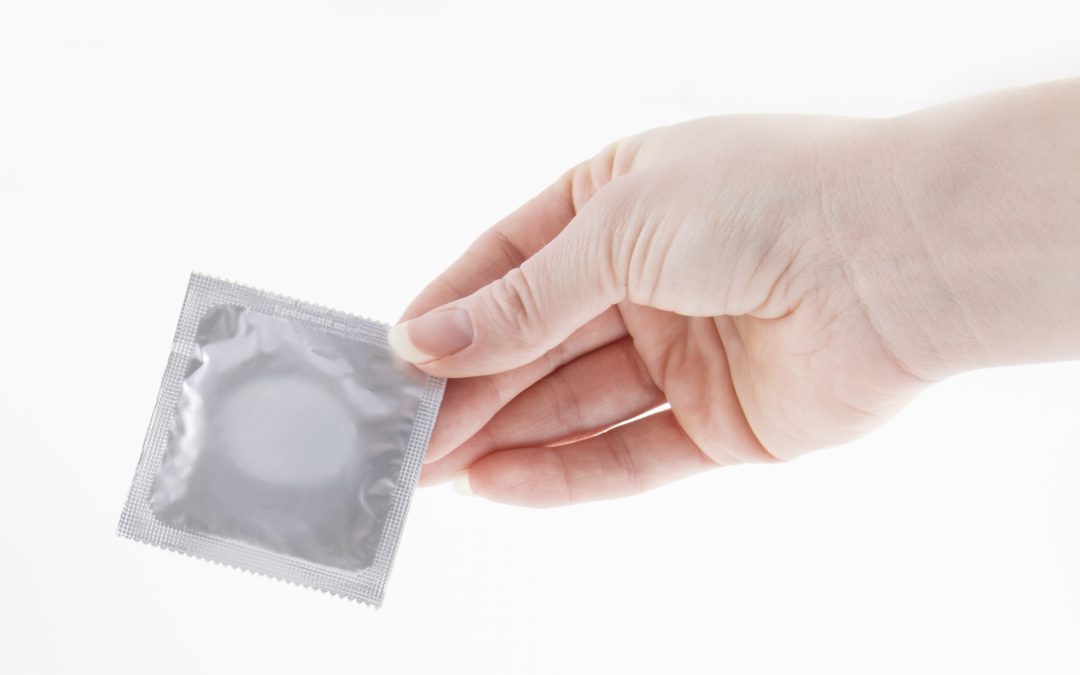Sources: NHS UK/Live Well , NHS UK/One You
Sexual health is very important as it protects you and the people you are/will be intimate with. In this section you will find the key information which you need to know about sexual health.
What is sexual health?
It is a state of physical, mental and social well-being in relation to sexuality. It requires a positive and respectful approach to sexuality and sexual relationships, as well as the possibility of having pleasurable and safe sexual experiences, free of coercion, discrimination and violence. (Source: http://www.who.int/topics/sexual_health/en/)
How to stay safe?
- Use contraception
- Only do what you feel is right
- Only engage in sexual activities with people you trust
Contraception
Contraception helps to prevent pregnancy and some, such as condoms, help reduce the spread of STIs (Sexually Transmitted Infections). Contraception is free for most people in the UK, and there are 15 types to choose from. Some examples are:
- The combined pill
- The progesterone only pill
- Contraceptive implant
- Contraceptive patch
- Contraceptive Injection
- Condoms (male and female)
Where to get free contraception
You can get free contraception and condoms from:
- most GP surgeries – talk to your GP or practice nurse
- community contraceptive clinics
- C-Card pharmacies
- some genitourinary medicine (GUM) clinics
- sexual health clinics – these offer contraceptive and STI testing services
- some young people’s services
Will they tell my parents/carers?
Contraception services are free and confidential, including for people under 16 years old. This means the doctor or nurse won’t tell your parents or anyone else, as long as they believe you’re mature enough to understand the information and decisions involved.
There are strict guidelines for healthcare professionals who work with people under 16. If they believe there’s a risk to your safety and welfare, they may decide to tell your parents.
Emergency Contraception
There are two methods of emergency contraception: the morning after pill or the IUD (intrauterine device).
Where to get them free of charge?
- Contraception clinics
- Pharmacies
- GUM clinics
- Walk in centres
- Some A&E departments
- GP surgeries
- Brook Centres
- You can also buy the morning after pill but you must be over 16 years and will cost around £25 from most pharmacies
Abortion
Abortion is sometimes called ‘termination’. It is when someone chooses to end a pregnancy because they don’t want to have a baby.
Find information about it at Brook website.
If you are under 16: go to the BPAS website for advice.
STIs (Sexually Transmitted Infections)
- STIs can sometimes show no symptoms so you might not know if you have one
- They are passed on from one individual to another through sexual contact, whether it is sexual intercourse, oral or anal sex
- They can be transferred from anyone; men-women, women-women, men-men
- It’s important to get checked regularly if you engage in unprotected sex or if you think you are at risk
- Can affect your health if left untreated
- Most can be cured with antibiotics but some such as HIV cannot be cured
- Some symptoms:
- Women and Men: pain or stinging when urinating, itching, burning or tingling around genitals, blisters or sores around the genitals, black powder or white dots in your underwear
- Men: discharge from penis, irritation of the urethra
- Women: yellow or green vaginal discharge, smelly discharge, bleeding between periods or after sex, pain during sex, lower abdominal pain
- You can get tested at:
- Sexual health clinics or GUM clinics
- Contraceptive clinics
- Sexual health services
- Some GP surgeries
Sexual rights
It’s vital that you start to learn your sexual rights as part of your human rights. These could be discussed in your class with your teacher and include the following:
- the rights to equality and non-discrimination
- the right to be free from torture or cruel, inhumane or degrading treatment or punishment
- the right to privacy
- the rights to the highest attainable standard of health (including sexual health) and social security
- the right to marry and to found a family and enter into marriage with the free and full consent of the intending spouses, and to equality in and at the dissolution of marriage
- the right to decide the number and spacing of one’s children
- the rights to information, as well as education
- the rights to freedom of opinion and expression, and
- the right to an effective remedy for violations of fundamental rights
Source: http://www.who.int/reproductivehealth/topics/sexual_health/sh_definitions/en/
Useful contacts and links
The charity has a section dedicated to Young people and their sexual health.
National Sexual health helpline
- Call 0300 123 7123 if you want to talk to someone in confidence about any sexual health issues (open 9-8pm Mon-Fri)
Where to find your nearest service

